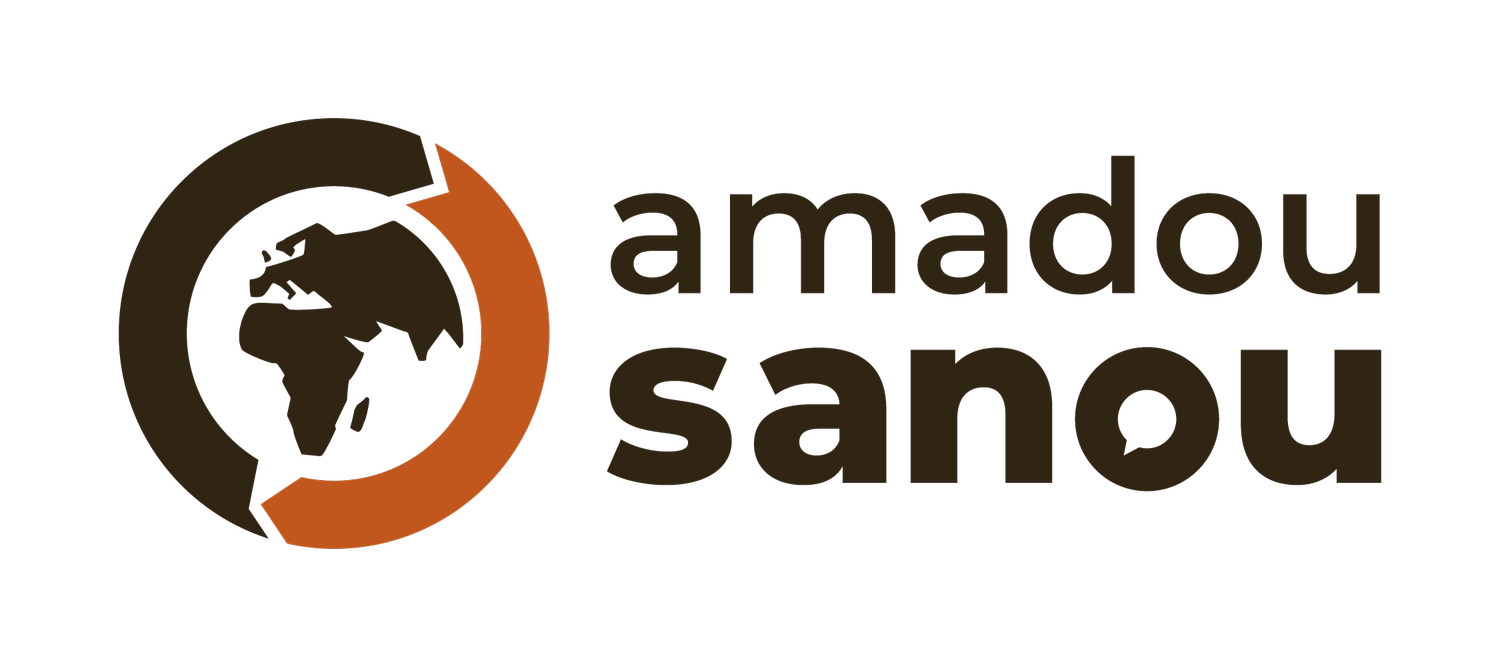My languages
-
Bambara is sometimes also referred to as Bamanakan or Bamanankan and is a language that belongs to the Mandingo group of the Mandaean branch of the Nigerian-Congolese languages. It has several dialects such as Somono, Segou or San, and the number of speakers is estimated at around 40 million. It has the status of a national language in Mali and is often used as a lingua franca and trade language in West Africa.
-
Dioula, sometimes spelled Jula or Dyula, is a Mandinka language spoken or understood by around 20 million people in Mali, Côte d'Ivoire and Burkina Faso. The predominantly urban language Dioula was created by the coming together of speakers from the terroirs in the north of Côte d'Ivoire and the neighboring Mandingophone countries of Mali, Guinea and Burkina Faso.
-
The Malinke language, also known as Mandinka or Manding, is a West African tonal language spoken by the ethnic group of the same name, the Malinke or Mandinka. The origins of this language and its speakers go back deep into the history of West Africa.
The Malinke language has its roots in the Manding Empire, a historical kingdom in West Africa that was founded in the 13th century. This kingdom extended over parts of present-day Mali, Guinea, Guinea-Bissau, Senegal and other surrounding areas. The Malinke language developed as an important lingua franca in this region and was used by traders and travelers along the trans-Saharan trade routes. -
In West Africa, French is often a second language that is used alongside regional languages. This leads to a unique West African accent and regional variations in pronunciation and vocabulary. The West African variant is often less formal and contains more influences from indigenous languages. In addition, "Français populaire" is often spoken in West Africa, which is used by young people and in informal contexts. This leads to further differences in the language, including the use of slang and jargon.
-
In West Africa, a variety of regional languages are often spoken, which leads to influences in grammar and pronunciation. The result is a unique, regional accent and sentence structure. In addition, vocabulary in West Africa can vary as new words and expressions emerge due to cultural and social dynamics. For example, West African English speakers tend to use a more formal and polite tone. Finally, cultural and social influences can also be seen in the use of forms of politeness and manners, resulting in specific regional variations.

